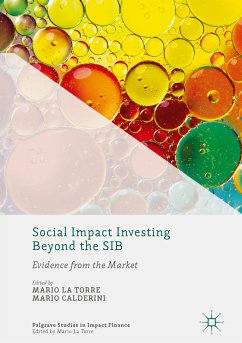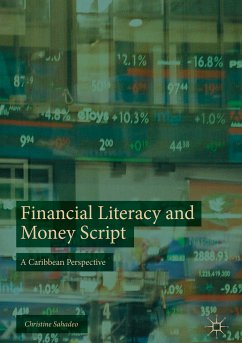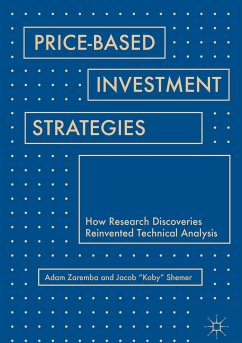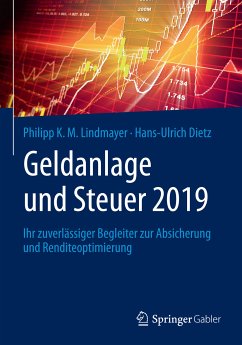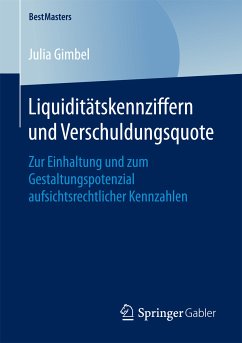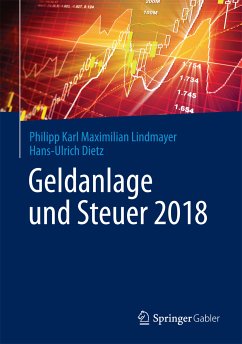
Experimental Studies on Partnership Dissolution, R&D Investment, and Gift Giving (eBook, PDF)

PAYBACK Punkte
11 °P sammeln!
In recent years, traditional economic theory has been enriched by behavioral components. There is huge and rapidly growing evidence from empirical and experimental studies that mere profit maximization is in many cases not a good proxy of real-life decision-making and interaction in economic situations. Yet, although the concept of homo oeconomicus has subsequently been dismissed by many authors, behavior is not random or arbitrary, but follows systematic patterns and rules that researchers in the field of behavioral economics aim at understanding. This thesis adds to the understanding of actu...
In recent years, traditional economic theory has been enriched by behavioral components. There is huge and rapidly growing evidence from empirical and experimental studies that mere profit maximization is in many cases not a good proxy of real-life decision-making and interaction in economic situations. Yet, although the concept of homo oeconomicus has subsequently been dismissed by many authors, behavior is not random or arbitrary, but follows systematic patterns and rules that researchers in the field of behavioral economics aim at understanding.
This thesis adds to the understanding of actual economic decision-making by analyzing behavior in three different economic applications. The first application concerns experimental studies on the performance of partnership dissolution mechanisms. The second application studies the effects of policy instruments on a firm`s incentives to invest in R&D. Finally, the third application tests the impact of responsibility for being in a disadvantageous situation through deliberate risk-taking on solidarity behavior of economic agents.
Potential readership includes scholars of experimental economics in the fields of mechanism design, industrial organization and social preferences as well as interested students and practitioners involved in these areas.
Dieser Download kann aus rechtlichen Gründen nur mit Rechnungsadresse in A, B, BG, CY, CZ, D, DK, EW, E, FIN, F, GR, HR, H, IRL, I, LT, L, LR, M, NL, PL, P, R, S, SLO, SK ausgeliefert werden.




